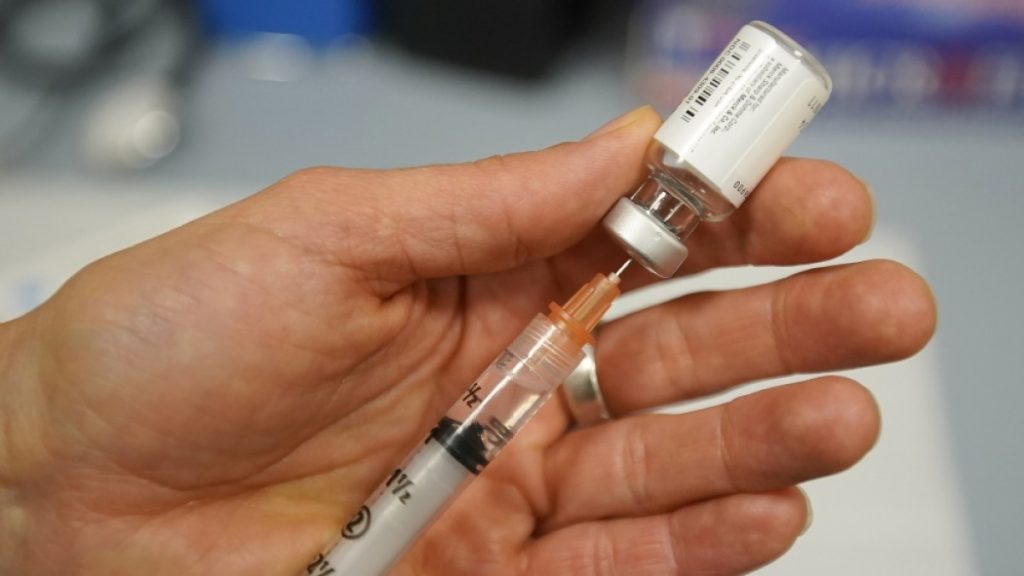An outbreak of measles in the northeastern state of Adamawa, Nigeria has resulted in the deaths of at least 42 people out of nearly 200 suspected cases within a week. Measles is a highly contagious virus that primarily affects children under the age of five and can be prevented with two doses of vaccine. The state’s health commissioner, Felix Tangwami, announced that measles vaccines have been distributed to affected areas, and health teams are working to contain the outbreak. Symptoms of measles include high fever, cough, runny nose, and a distinctive rash that can cover the entire body of the infected patient. Approximately 50 million measles deaths have been prevented globally since 2000 through vaccination efforts.
The ongoing insecurity in many northern Nigerian states, worsened by attacks from Boko Haram and criminal gangs, has disrupted vaccination campaigns and exacerbated the vulnerability of children to preventable diseases like measles. Displacement of over two million people due to conflict has created a humanitarian crisis in the region. Additionally, the COVID-19 pandemic has further strained the health system in Nigeria, leading to challenges in achieving vaccination targets. Doctors Without Borders reported an alarming rise in measles cases last year due to the failure to achieve the required 95 percent vaccination rate. The organization treated thousands of patients in the northeastern state of Borno, where health workers struggle to reach rural communities, including Maiduguri.
Despite significant progress in measles vaccination efforts globally, outbreaks continue to occur in regions with low vaccination rates and disrupted health systems. The rapid spread of the virus among unvaccinated children poses a significant public health risk and can have severe consequences, including fatalities. The World Health Organization has emphasized the importance of maintaining high vaccination coverage to prevent outbreaks and reduce the impact of preventable diseases like measles. In places like Nigeria, where access to healthcare is limited due to insecurity and other challenges, ensuring that children receive essential vaccines is crucial to protect their health and well-being.
Efforts to contain measles outbreaks in Nigeria and other vulnerable regions require a coordinated response from health authorities, humanitarian organizations, and community leaders. Improved access to healthcare services, especially in remote and conflict-affected areas, is essential to reach populations at risk of measles and other preventable diseases. Vaccination campaigns must be conducted regularly to maintain high coverage rates and prevent outbreaks from occurring. Providing education and information about the importance of vaccines can help address any hesitancy or misinformation that may exist within communities, ultimately leading to higher uptake of vaccines and better protection against infectious diseases like measles.
In conclusion, the measles outbreak in Adamawa, Nigeria highlights the challenges faced in achieving high vaccination coverage in regions affected by conflict, insecurity, and health system disruptions. Efforts to control outbreaks and prevent the spread of measles must be supported through increased access to healthcare services, improved coordination between health authorities and humanitarian organizations, and community engagement to promote vaccine acceptance. By addressing these challenges and prioritizing vaccination efforts, countries like Nigeria can reduce the burden of preventable diseases and protect the health and well-being of their populations, especially vulnerable children.


